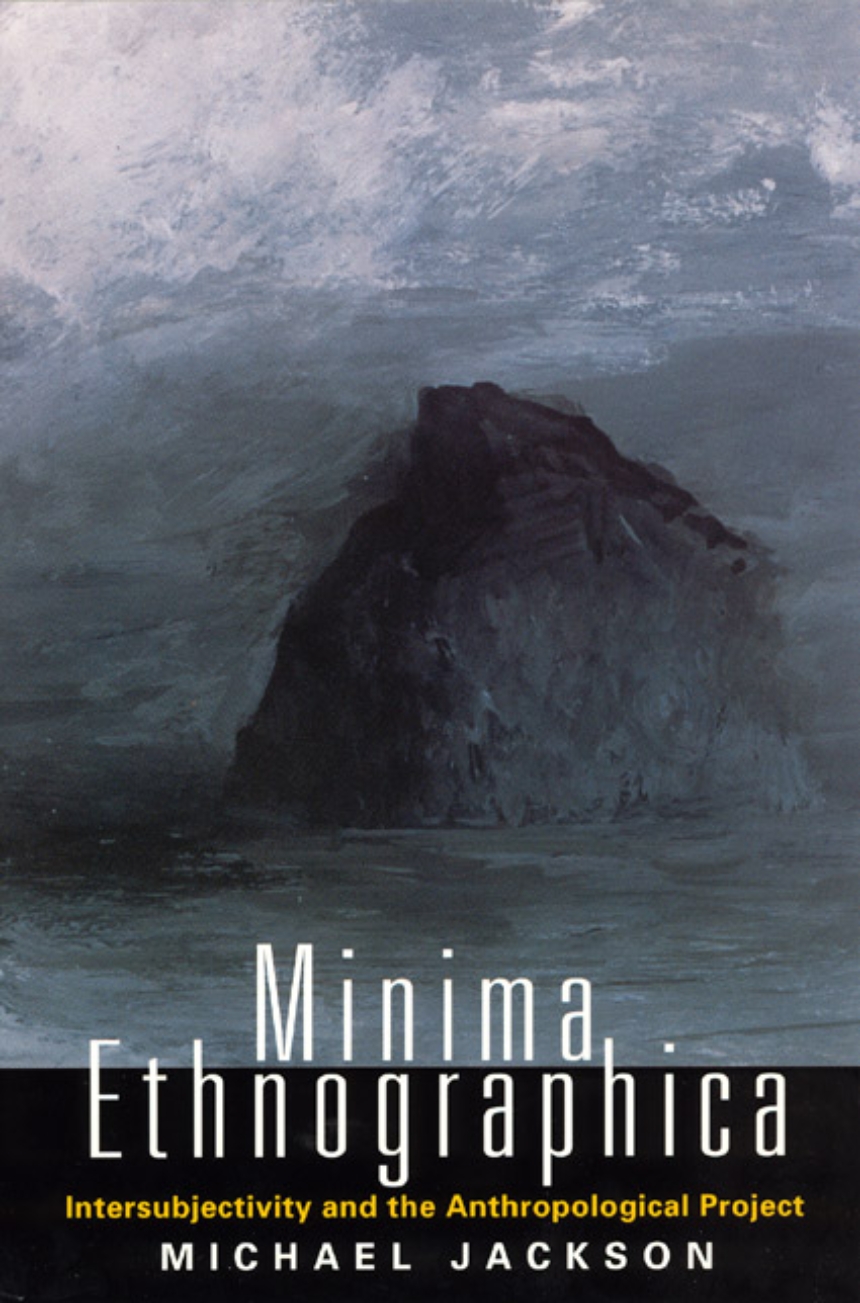Minima Ethnographica
Intersubjectivity and the Anthropological Project
The postmodern opposition between theory and lived reality has led in part to an anthropological turn to "dialogic" or "reflexive" approaches. Michael Jackson claims these approaches are hardly radical as they still drift into such abstractions as "society" or "culture." His Minima Ethnographica proposes an existential anthropology that recognizes even abstract relationships as modalities of interpersonal life.
Written in the style of Theodor Adorno’s Minima Moralia, Jackson’s work shows how general ideas are always anchored in particular social events and critical concerns. Emphasizing the intersubjective encounter over objective descriptions of the whole historical and contemporary situation of a given people, he illustrates the power and originality of existential anthropology through a series of vignettes from his fieldwork in Sierra Leone and Australia. An award-winning poet, novelist, and anthropologist, Jackson offers a timely critique of conventions that dull our sense of the links between academic study and lived experience.
Written in the style of Theodor Adorno’s Minima Moralia, Jackson’s work shows how general ideas are always anchored in particular social events and critical concerns. Emphasizing the intersubjective encounter over objective descriptions of the whole historical and contemporary situation of a given people, he illustrates the power and originality of existential anthropology through a series of vignettes from his fieldwork in Sierra Leone and Australia. An award-winning poet, novelist, and anthropologist, Jackson offers a timely critique of conventions that dull our sense of the links between academic study and lived experience.
Table of Contents
Acknowledgments
The One and the Many
The Intersubjective Turn
Seven Types of Intersubjective Ambiguity
Vita Activa
Balance/Control
Life Stories
The Itinerary of an Idea
Playing with Reality
Writing Intersubjectivity
Borderlines
Distance Lends Enchantment
Penis Snatchers
Auctoritas
Chiasmus
Sacrifice
Fetish
Color Triad
Roads and Bridges
The Other Island
First Contact
The Women Who Became the Pleiades
Losing the Straight Way
Myths/Histories/Lives
Clearing the Ground
The Bag of Clothes
Ghosts
An Etiology of Storms
Jarramali Bajaku
Storying
Fugue
Where Thought Belongs
An Island in the Stream
References
Index
The One and the Many
The Intersubjective Turn
Seven Types of Intersubjective Ambiguity
Vita Activa
Balance/Control
Life Stories
The Itinerary of an Idea
Playing with Reality
Writing Intersubjectivity
Borderlines
Distance Lends Enchantment
Penis Snatchers
Auctoritas
Chiasmus
Sacrifice
Fetish
Color Triad
Roads and Bridges
The Other Island
First Contact
The Women Who Became the Pleiades
Losing the Straight Way
Myths/Histories/Lives
Clearing the Ground
The Bag of Clothes
Ghosts
An Etiology of Storms
Jarramali Bajaku
Storying
Fugue
Where Thought Belongs
An Island in the Stream
References
Index
